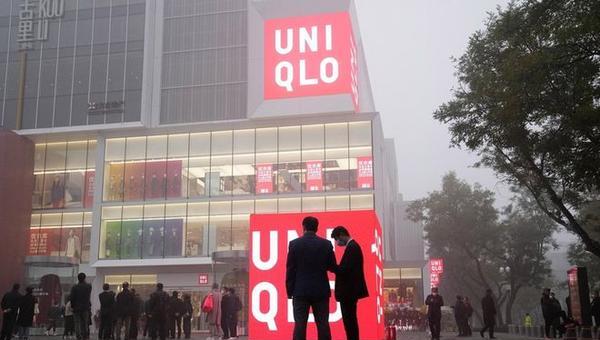The Impact of UNIQLO's Cotton Sourcing Decision on Chinese Market
UNIQLO’s founder Tadashi Yanai stated in a BBC interview that the company would not use cotton from China’s Xinjiang region, despite China being a crucial market. This decision comes amid complex market dynamics and changing global supply chains.

The recent BBC interview with UNIQLO founder Tadashi Yanai has sparked significant discussion about the company’s position in the Chinese market. While initial media reports focused on Yanai’s statements about Xinjiang cotton, a deeper analysis reveals more complex business dynamics at play.
UNIQLO’s relationship with the Chinese market is multifaceted. China represents the company’s second-largest market, with over 900 stores - surpassing its presence in Japan. The company had previously aimed to expand to 3,000 stores in China, highlighting its long-term commitment to the market.
However, UNIQLO’s performance in China has shown concerning trends. In the 2024 fiscal year, while the company achieved significant growth in Japan and other markets, its Greater China operations displayed signs of strain. Revenue in the region grew by 9.2% to 677 billion yen, but profit growth stagnated at 0.5%, reaching 104.8 billion yen. This marked a significant slowdown compared to previous years' double-digit growth.
The situation reflects broader changes in the global textile industry. The company’s manufacturing strategy has evolved significantly since 2009 when 80% of its products were made in China. Despite attempts to diversify production to countries like Vietnam, Bangladesh, and India, UNIQLU has found it challenging to replicate China’s manufacturing ecosystem’s efficiency and scale.
Market analysts note that UNIQLO’s current challenges extend beyond cotton sourcing decisions. The brand faces increasing competition from domestic Chinese brands, changing consumer preferences, and questions about its price-to-quality ratio. Some consumers have reported declining product quality while prices remain relatively high.
The company’s performance in other markets presents a stark contrast. In regions like South Korea, Southeast Asia, India, and Australia, UNIQLO has achieved over 20% growth in both revenue and operating profit. Even smaller markets like North America and Europe have recorded substantial gains, with revenue increases of 33% and 45% respectively.
Industry experts suggest that UNIQLO’s current situation in China reflects broader shifts in the global retail landscape. The challenge lies not just in sourcing decisions but in adapting to evolving market conditions while maintaining competitive advantages in quality, price, and brand positioning.
The Chinese retail market’s response to this situation will likely influence other global brands' strategies in navigating complex international business environments. As consumers become increasingly conscious of both product quality and corporate positions on various issues, companies face growing challenges in balancing business interests with social considerations.